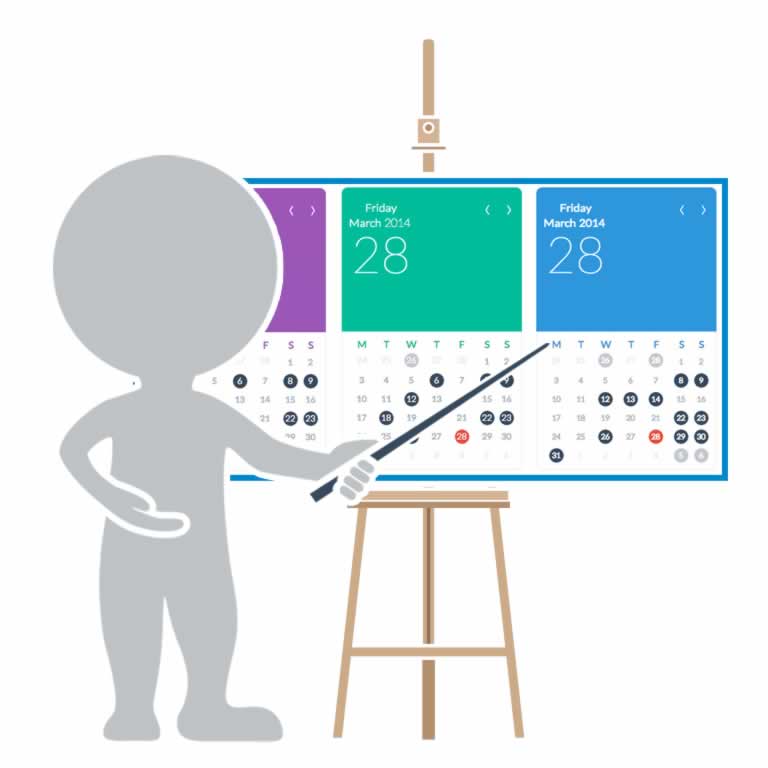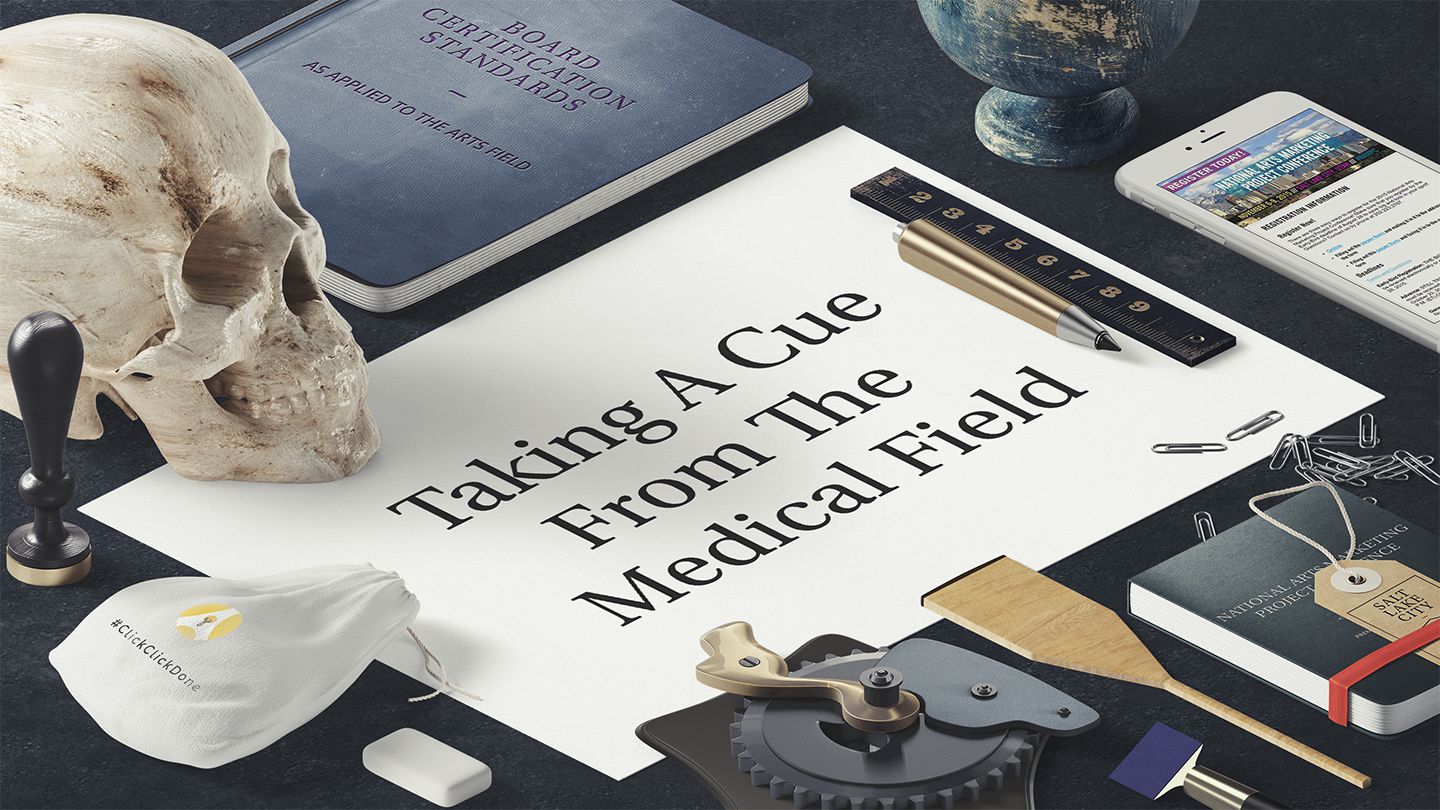Throughout the course of the day, albeit with an interruption during session from 11:30am – 12:30pm ET, I’ll be doing my best to post thoughts and observations from today’s sessions at the American Orchestras Summit (full schedule). Keep an eye on the following update time stamp to keep track of new notes
Last Updated: 3:45pm…
You can also keep tabs of events via the perspective of attendees at the Summit blog, hosted at Inside The Arts.
Keynote Address
- One goal is to come up with actionable ideas.
- One unique aspect of the Summit is the diversity of participants.
- Joseph Horowitz reviews material from his writings and work and we listen/watch a 4 min clip of slides for a video screen presentation shown during a performance.
- Joseph Horowitz reviews American orchestras at the turn of the last symphony, I’m hoping we catch up to the schedule or some of the sessions will get cut short. Personally, compared to lectures dynamic interaction is preferable. Much of the remaining key note address is material examined in an article here from 2005 about Joseph Horowitz.
- Ryan Fleur discussed Memphis’ mission evolved to “we exist to create meaningful experiences.”
Session: A Brave New World: Three Case Studies
- The first session appears to be a series of lectures. I’m hoping there will be more unscripted exchanges and interaction between panelists and (again, hopefully) and attendees.
- Watching Rob Birman, Louisville CEO, set up his iPhone to serve as a clock – smart.
- Rob Birman opens declaring he’s an optimist – good start.
- Rob Birman is giving a very entertaining and thought provoking presentation via the history of orchestras in Louisville.
- Rob Birman identifies a cycle of Artistry – Ambition – Ability with the first two feeding the final.
- Rob Birman discussed tentative plan for Louisville orchestra encompassing Performer – Teacher – Trainer – Resource Center – Community Partner – Advocate. Fascinating that a proposed Louisville brick and motor center does not include a concert hall. It will be interesting to see if Rob’s slides are available for download after the conference, there’s more detail worth looking at.
- Ryan Fleur: “Before trying to partner, we needed to learn how to listen.”
- Ryan Fleur: New collective bargaining agreement (Memphis) provides 20% less for services defined in traditional sense (ensemble rehearsal) and full amount if they do other work such as mentoring and education.
Session: Re-Conceptualizing the Symphony
- Session begins asking “what is an orchestra” – hopefully each panelist will answer.
- Evan Chambers: “What would a post-capitalist orchestra look like?”
- Question changed to “What will orchestras look like 25 years from now?”
- Susan Feder: Mellon Orchestra Initiative did not accomplish all of its goals. This is a very honest and welcome statement and will hopefully provide the foundation for enhanced efforts into the future.
- Susan Feder: I hope composers will play a greater role as the body of musicians.
- Henry Fogel: One big, bold idea won’t fix problems.
- Henry Fogel: Governance structure will change to include more community and musician input.
- Kenneth Kiesler: changing the system from money to something else.
- Laura Ross: there’s a need to educate students about what life as a professional orchestra musician is really like.
- Henry Fogel: We need to completely reimaging the relationship between orchestras and communities.
Session: Thinking Outside the Box: Organizational Structures and Strategies
- No live blogging here, this is the session I’m serving as a panelist.
- A few thoughts after the fact. It was an intriguing session and like many such scenarios one of the best questions came out with all of 45 seconds left in the panel. That question was from Detroit Free Press critic Mark Stryker who asked about the relationship between musicians and managers via the collective bargaining agreement and the negotiation process used to craft that agreement. After the session, I had the chance to talk to Mark (on the record) about the topic and we had a very good discussion. In particular, we talked about whether or not quality as it applies to levels of artistic performance is something that should measure the value of an institution. Fascinating stuff and I hope there’s some avenues to explore that later in the Summit as well as something Mark might publish.
Session: Leveraging History: Lessons from the Past
- Emily Abrams Ansari: Fascinating overview of cultural diplomacy and its impact on US orchestras in the mid part of the 20th century.
- Mark Clague: Another fascinating review of operational models in Chicago ensembles that eventually led to the model currently in place.
- Barbara Haws: Massive project to digitize NYPhilarchives. Also espousing the values of orchestras working with local historical societies.
Session: The American Orchestra in 2010: National, Regional and Local Perspectives
- Tim Young: Reno is actively soliciting listener feedback per concert and receiving approx. 200 responses per event. this is fascinating and I wonder if they are posting this material online or via a social networking outlet. It would be interesting to include this feedback in a dynamic sidebar component on their website’s homepage (maybe it’s there already!).
- Leonard Slatkin: money and a lack of it, is the challenge in maintaining artistic integrity.
- Brian Rood: to thrive, we need to increase public awareness about the meaningful nature of orchestras in their community.
- Paul Austin: the need for qualified administrators is one of the greatest needs in our (meaning ROPA) orchestras today. Paul went on to recommend training programs at the Kennedy Center. Very intriguing stuff here beyond this that went into more detail – I hope the panel comes back to this. It was as interesting as Mark Stryker’s question from my panel (see above).
- Mary Steffek-Blaske: tired of orchestras being patronized. Wishes the business had more respect for what it does.
- Tim Young: A key issue now with musicians is trust and transparency and we need as much of it as we can.
- Leonard Slatkin: Addressing transition in service definition between existing and incoming musicians. This is excellent, as the devil is in the details and so far, there hasn’t been much about this topic so it’s good to see it here.
- Leonard Slatkin: I don’t like screens at auditions!
- Observation: a wee bit of conflict between Brian Rood and Leonard Slatkin with the latter interjecting while the former was speaking. First time that’s happened the entire day.
- Leonard Slatkin: “Orchestras: we are not for everybody. The same is true for every art form.”
- Personal observation: I do wish attendees asking questions would be concise.
Session: New Directions: Break-out session



